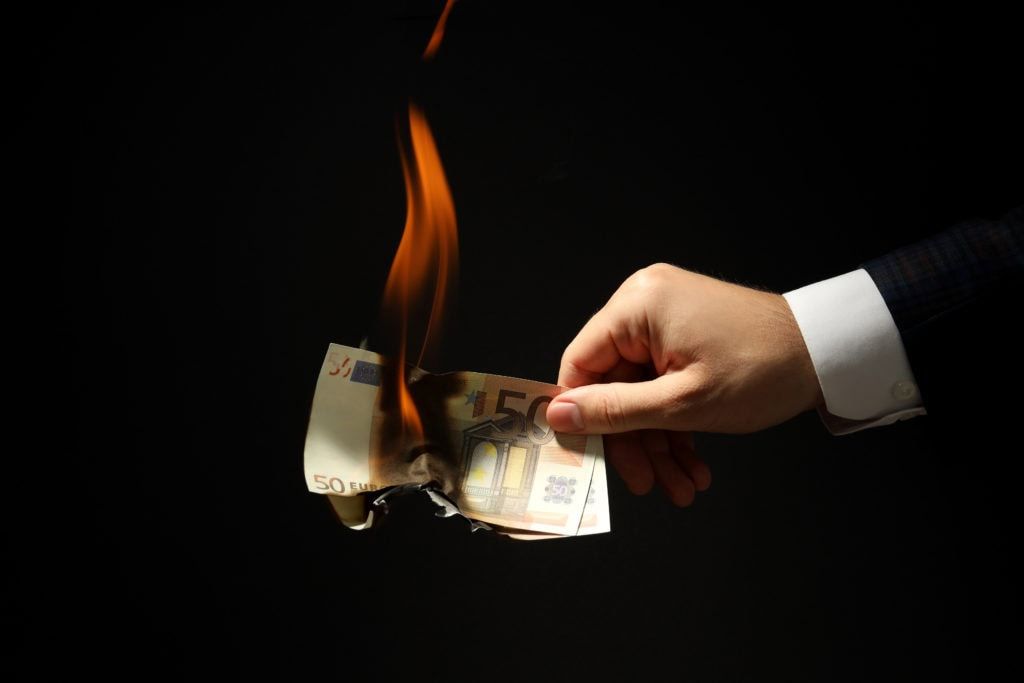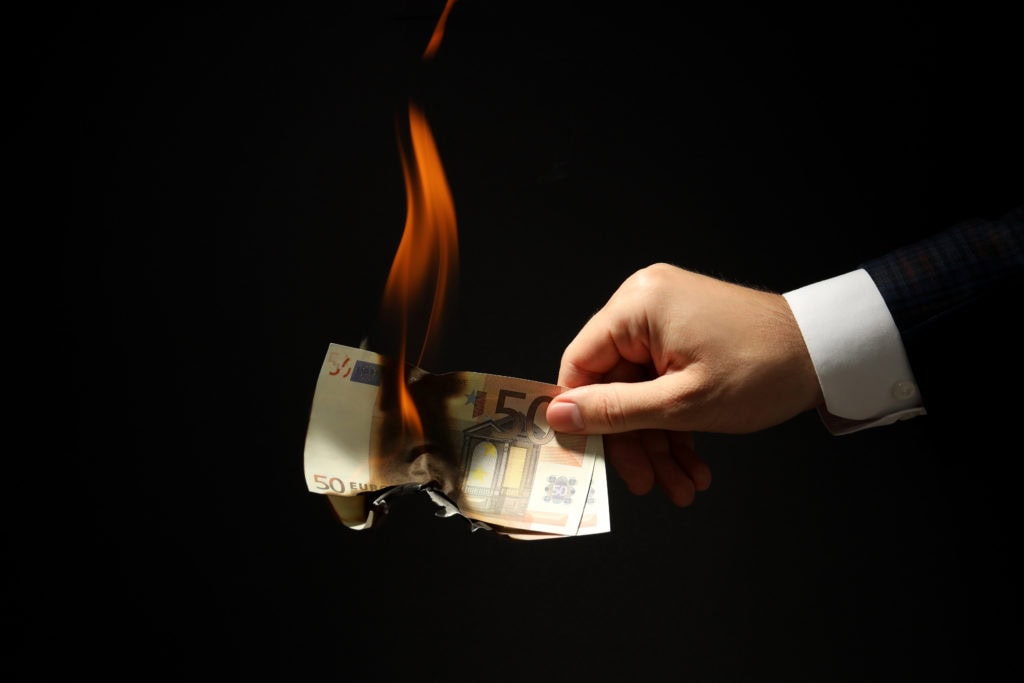Is it a Crime to Burn Money?


In Canada, it’s a crime to destroy currency in the form of coins. This is legislated in the Currency Act and also in the Criminal Code of Canada.
The Currency Act in Canada
The Currency Act is a Federal Act in Canada that specifies “no person shall melt down, break up or use otherwise than as currency any coin that is legal tender in Canada.”
Melting Coins
This means that without a licence granted by the Minister, it’s not allowed to melt down, break up or be used as something other than currency, any coin that’s current and legal tender in Canada.
Possible Punishments
Violation of this rule or any condition attached to the licence can result in a fine of up to $250 or imprisonment for up to 12 months or both. Additionally, the court may order forfeiture of the articles used in or related to the offence. A person convicted of this offence could potentially face not only a criminal record but also a fine of up to $250.00 and up to 12 months in jail.
Defacing Coins in Canadian Law
In the Criminal Code of Canada, it is a criminal offence to deface coins, including burning coins. This law, known as the “Defacing Current Coins” clause, specifies that anyone who either defaces a current coin or utters a current coin that’s been defaced is guilty of an offence punishable on summary conviction.
Both the Currency Act and the Criminal Code of Canada state that destroying coins, including burning, is an offence. Nonetheless, neither mentions that destroying paper currency is a criminal offence. This implies that if someone is found to have burned paper currency, they would not be held liable under either the Currency Act or the Criminal Code of Canada for committing a criminal offence and could not face criminal charges.
Why Is It a Crime to Deface Coins?
Defacing coins, according to the currency act, results in coins no longer being considered as currency. Specifically, no coin that is bent, mutilated, defaced, or reduced in weight otherwise than by abrasion through ordinary use, shall pass as currency. While the reasons remain unclear, it’s illegal in Canada to destroy coins, but not paper currency.
The widely held theory suggests that the deliberate act of destroying currency permanently removes the money from circulation, reducing the supply of money in turn. This causes an equivalent increase in the collective wealth of everyone else who holds money. Such a process of the money supply shrinking leading to an increase in the value of the remaining money in circulation is called deflation.
Instances When Destroying Coins Would Not Be a Criminal Act
The Central Bank of Canada regularly collects and destroys worn-out coins and banknotes, replacing them with new ones. This process is performed by licensed individuals, so it doesn’t constitute a criminal offence under the Currency Act or the Criminal Code of Canada. Since the currency they destroy is exchanged for new currency, this action doesn’t affect the value of Canadian currency.
Connect With Our Criminal Defence Lawyers in Toronto to Understand Currency Laws
Under Canadian law, destroying or defacing coins is a criminal offence under the Currency Act and the Criminal Code, with potential penalties including fines or imprisonment. However, while damaging paper banknotes is not illegal, legal issues can still arise in certain circumstances.
If you’re facing currency-related charges, Pyzer Criminal Lawyers can help. Our experienced criminal attorneys in Toronto will assess your case, explain your legal options, and build a strong defence. Contact us today for a confidential consultation.

Jonathan Pyzer, B.A., L.L.B., is an experienced criminal defence lawyer and distinguished alumnus of McGill University and the University of Western Ontario. As the founder of Pyzer Criminal Lawyers, he brings over two decades of experience to his practice, having successfully represented hundreds of clients facing criminal charges throughout Toronto.




